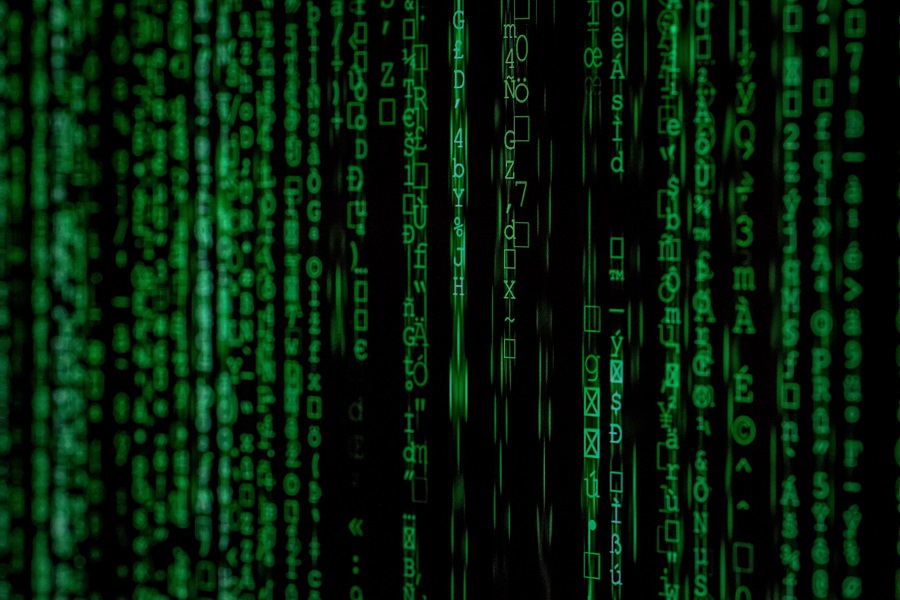Simulation Theory

Simulation Theory, if true, would be the only rational way in which the literal interpretation of scriptural creation by intelligent design would be plausible. As such it has become a popular viral philosophy, since for many people it seems to resolve the dissonance they have between their desire to believe in traditions and what they were taught as children, and the reality they have come to know as adults.
For others, it makes them feel like big AI future thinking tech gurus at cocktail parties, even though this thought experiment goes all the way back to Descartes.
However, these are not a sufficient reasons to make bold assumptions about the nature of reality. And even if it were a simulation, what kind of simulation would it be?
"There is something irreversible about acquiring knowledge; and the simulation of the search for it differs in a most profound way from the reality." -J. Robert Oppenheimer
No Evidence For Simulation Theory
The idea that the observer effects of quantum mechanics suggests some kind of universal render distance is absurd. This is only evidence that we have not yet determined the behavior of subatomic particles with models accurate enough to predict their behavior precisely, only within a probability.
To suggest that quantum uncertainty means we exist in a simulation, because it kind of reminds us of our own computer-generated simulations, is like saying the brain operates the same way as a PC because it's kind of like a computer. It is a metaphor, not to be confused with reality.
Simulation Theory Replaces God with a Supercomputer
All arguments for simulation theory ultimate suggest some large-scale, hyper-intelligent being that created the simulation. How would this being be any different from the traditional creationist god? It's the exact same thing, updated for the information age, sprinkled with quantum woo and let loose on unsuspecting crypto-bros who confuse summarizing the plot of The Matrix with deep thought.
People who call themselves rational thinkers are seduced back into creationism with this modern myth, that has all of the same problems of infinite regress that creator gods have always had. It solves no mysteries of the universe, it simply adds another layer of universe on top of ours.
Still Procedurally Generated
Even if we assume the universe is a simulation, it is obviously a procedurally generated one, similar to games like No Man's Sky that use algorithms based on pre-defined parameters to create the star systems and planets within that simulation.
In a procedurally generated universe, you have matter and energy that behave according to the laws of physics, and interact over time to self-organize into planetary systems and eventually evolve into life forms. The creator of the simulation does not interfere with the procedurally generated outcomes once the simulation starts. It can be done, but it's computationally inefficient and likely to corrupt the data. And it would be obvious to any observer within the simulation because all of a sudden some part of the universe would start doing defying the laws of physics in a way that no one has ever seen before since we started keeping track. The quintessential "glitch in the matrix".
A procedurally generated simulated universe would, for all intents and purposes, be identical to a singular, material universe that conforms to consistent universal physical laws. Given that a simulated universe would be identical in every way to a non-simulated one, and requires an additional, unknown and unnecessary universe outside of own, Occam's Razor requires that we dismiss simulation theory without further consideration. Until you really find that glitch in the Matrix, you can be confident that it's just a movie.
It's a Hat on a Hat
Comedians refer to an unnecessary element in a bit as a "Hat on a Hat". It's an unnecessary extra that ruins the joke. Simulation theory is the hat on a hat of cosmology.
Don't Bet On It
If you superficially and uncritically assume that advanced alien civilizations just live to run universe simulations, then for each real universe there would be many simulated ones. If we were dropped into one of the possible real or simulated universes at random it would be more likely to be simulated. This is, of course, not how any of this works, which the videos address in detail.
If you look at simulation theory compared to the other possible theories of reality, it really seems like a bad bet.